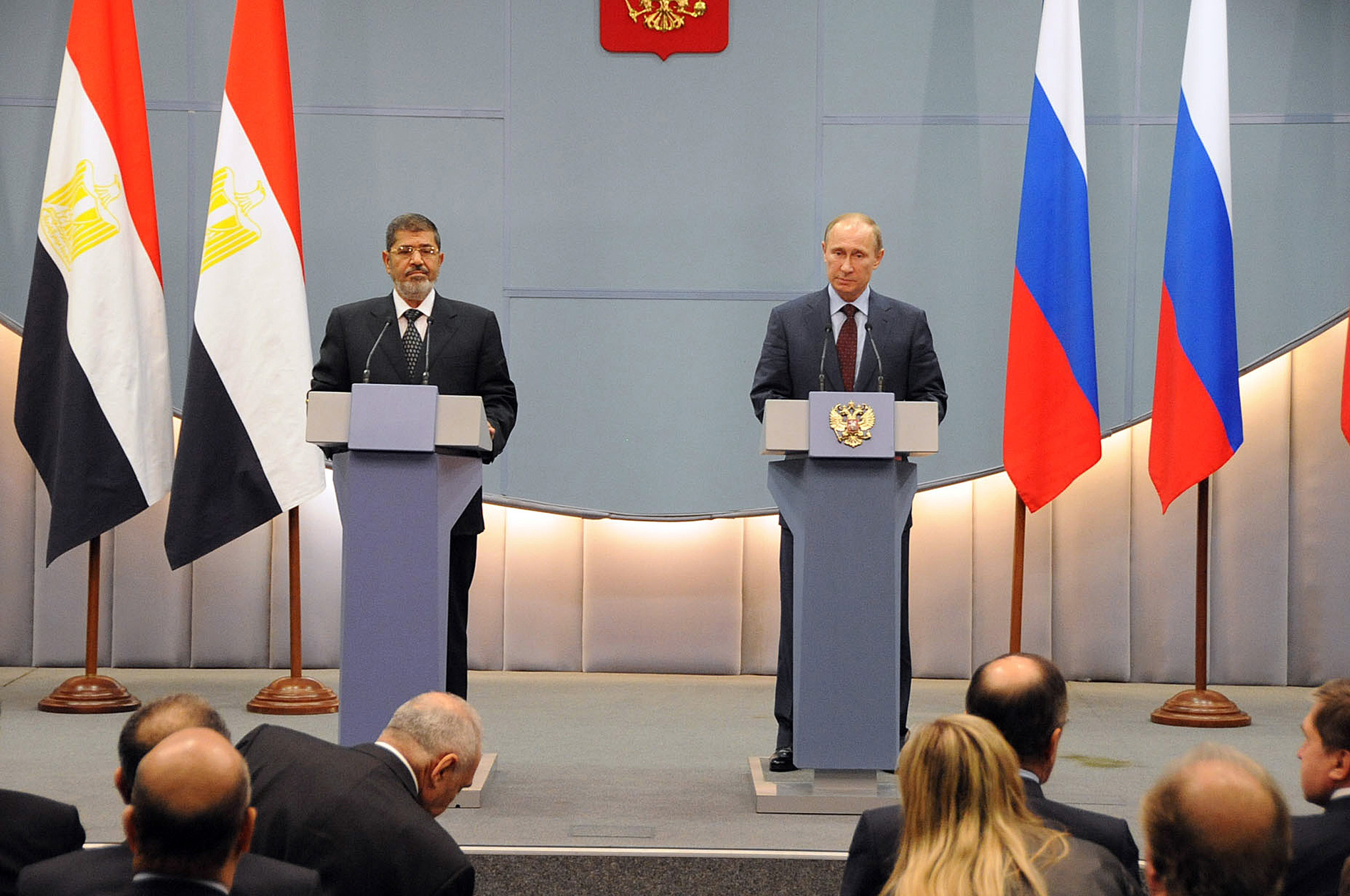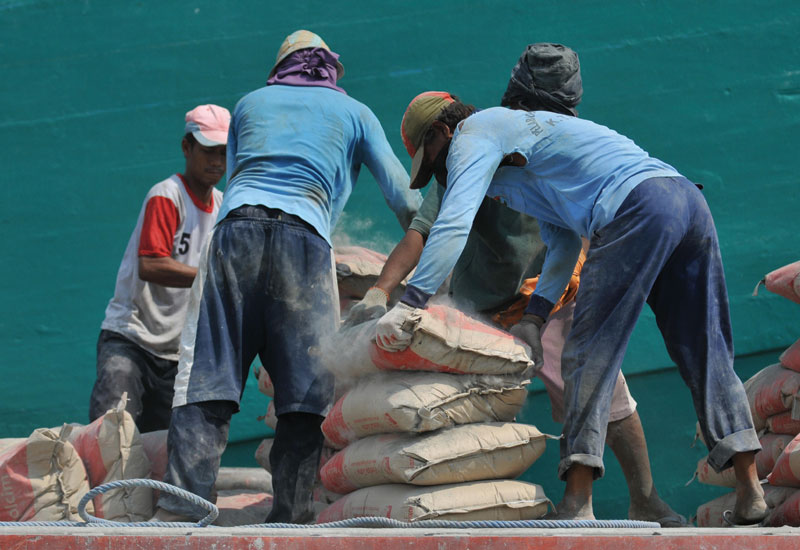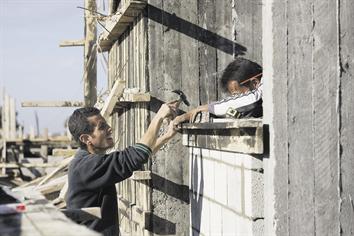Russia snubs Morsi’s $2bn loan request
Russian President Vladimir Putin also turns down appeal from Morsi for wheat…
Qatar to give Egypt natural gas and $3bn in bonds or deposits
Egyptian delegation led by Prime Minister Hesham Qandil arrives in Qatar on…
Petroleum ministry halves supply of natural gas to cement factories
Ministry held meeting with factory heads on Sunday to announce decision
Ministry of Petroleum admits fuel shortage
Ossama Kamal: The lack of fuel in Egypt has led to power…
Thousands of contracting companies bankrupt
Construction sector companies ‘forced to go to the black market’ for diesel,…




